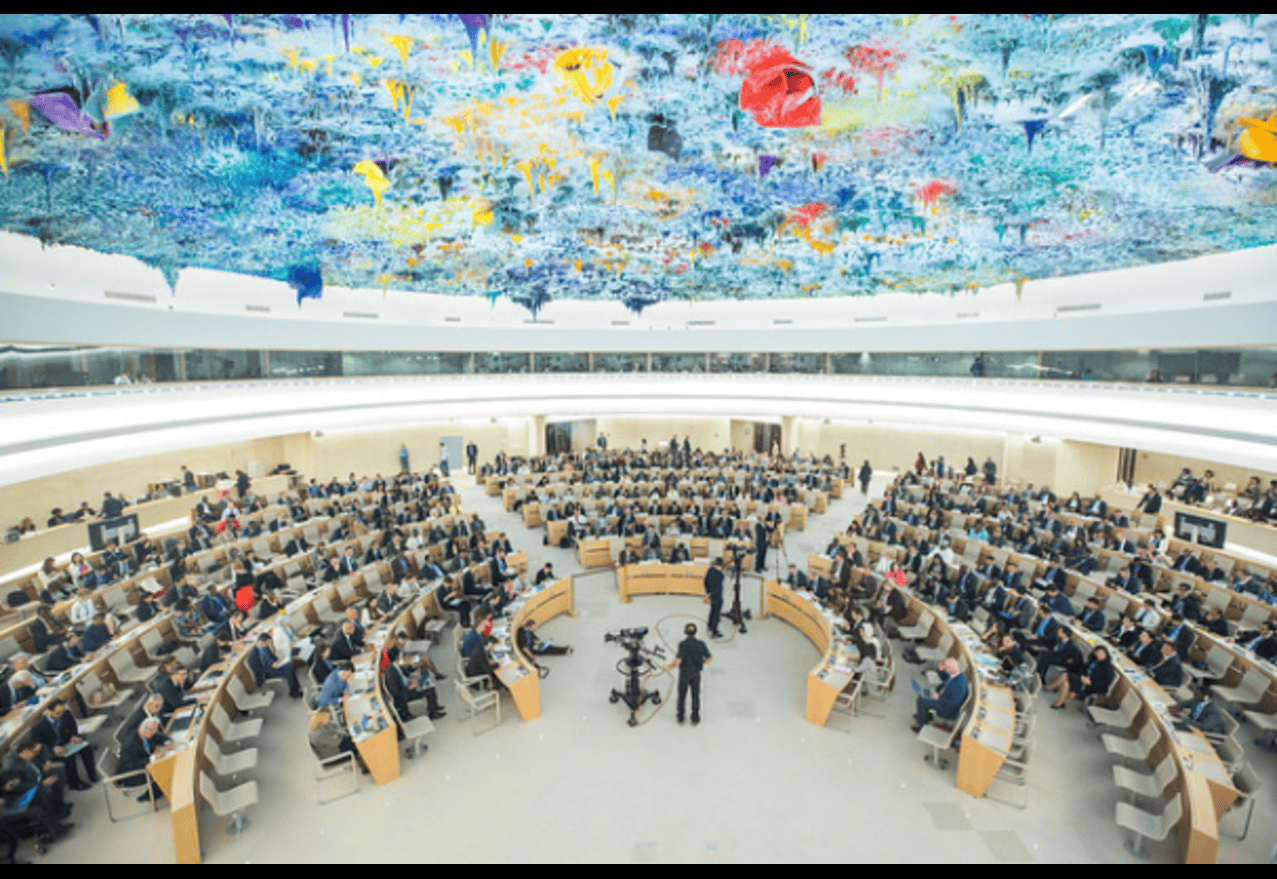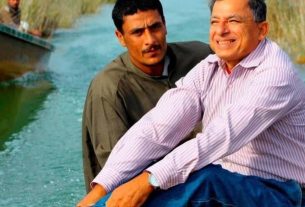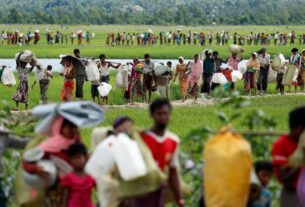During the 48th session of the Universal Periodic Review (UPR) of the United Nations Human Rights Council (UNHRC), Iran came under intense scrutiny from multiple countries for its ongoing human rights violations. The session, held on Friday, saw numerous UN member states condemn Iran’s treatment of women, suppression of dissent, and extensive use of the death penalty.
Countries such as the United Kingdom, Sweden, and Switzerland raised critical concerns over systemic gender inequality and the high rates of executions in Iran. Paraguay called for an immediate moratorium on the death penalty and urged Iran to consider abolishing it entirely. Switzerland additionally highlighted the need for the dissolution of Iran’s morality police and the need to address socio-economic disparities faced by ethnic and religious minorities in the country.
Ukraine’s representative took a different angle, accusing Iran of supporting Russia’s war in Ukraine by supplying drones and missiles, an act they argued violated international law. Meanwhile, Germany focused on gender discrimination and the suppression of fundamental freedoms, reiterating calls for fair trials and an end to the death penalty.
Costa Rica recommended that Iran’s judicial system be reformed by replacing clerics with professional judges and lawyers, aligning Iran’s legal practices with international human rights standards.
In response, Iran’s delegation, led by Deputy Minister for International and Legal Affairs Kazem Gharib Abadi, defended the country’s human rights record, asserting that significant progress had been made to improve the lives of its citizens through intellectual, human, and financial investments. Iran reiterated its commitment to freedom of expression, describing it as a fundamental human right vital for the realization of other rights.
The UPR, which is a peer review mechanism for assessing the human rights records of all UN member states, takes place every four to five years. Iran’s review this year marked its fourth, with the session being webcast live from Geneva.
It is recommended that this review be restructured by the UN to take place every two years to better serve the international community in addressing issues and instances of human right abuse by participating countries.
Sources:
- UNHRC official statements
- Reports on the 48th UPR session
United Nations Human Rights Council (UNHRC) Image by UN Geneva on Flickr CC BY-NC-ND 2.0



